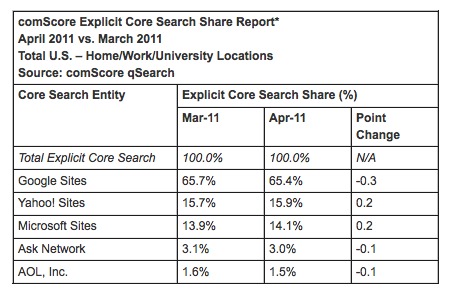Julian Assange has once again gained international attention. This time, however, it has less to do with his leaking-abilities and more to do with his cinematic critiquing.
The Fifth Estate, a movie about the Wikileaks phenomenon and starring Benedict Cumberbatch, has received harsh criticism from Assange. The Wikileaks founder has stated that the film is a “massive propaganda attack,’ and personally accosted Cumberbatch for agreeing to play the role.
Unfortunately, Assange was not able to accost Cumberbatch face-to-face. Assange is still currently living under asylum at the embassy in Ecuador. Assange has been living in the embassy since 2012. The initial charges which sent Assange underground were those concerning a European Arrest Warrant for questioning in a sexual assault case. The British government wants Assange to be extradited to Sweden to answer the charges, but Assange refuses due to fears that he will then be sent to the US to face charges against him for information leaking. Because Ecuador has no laws in the books concerning the release of information to the masses, Assange was granted asylum at the Ecuadorian Embassy.
In a recent Skype interview with the Daily Telegraph, Assange discusses his everyday life in the embassy. Since Assange was granted asylum, police have been waiting outside to arrest him if he dare step foot outside. Therefore, Assange has lived every moment of his life for over 1 year in his small office/living space in the embassy: “Of course it’s difficult to wake up for 500 days and see the same walls but on the other hand I am doing good work and I have no time for anything else so it’s a bit counter-productive to trap me here, because what else can I do but work?”
Assange works in a small, converted office space. The room has a bed, telephone, sun lamp, computer, shower, treadmill, and a small kitchenette. While he is not allowed to leave the embassy due to fear of being arrested, Assange can still receive visitors. The Wikileaks founder has entertained such celebrities as Graham Nash, Yoko Ono, Sean Lennon, Maggie Gyllenhaal, John Cusack, and the rapper MIA. When not entertaining visitors, Assange passes his time by watching TV shows and movies, such as Argo and Zero Dark Thirty.
The most recent project to receive Assange’s attention has been raising awareness of the inherent ability of the US to spy on Latin Americans. In an interview with Russia’s RT television, Assange stated, “Ninety-eight percent of Latin American telecommunications to the rest of the world – that means SMS, phone, email etc. – passes through the U.S.”
Assange added that “U.S. intelligence agencies ‘can easily intercept these communications … and therefore gain understanding of how Latin America is behaving, where it is moving, its economic transfers, the activities of its leaders and major players. That permits the U.S. to predict in some ways the behavior of Latin American leaders and interests, and it also permits them to blackmail. Nearly every significant person in Latin America is blackmailable by the U.S.”
This news from Assange is not terribly surprising. Recent reports suggested that the NSA was spying on the communications of the presidents of both Mexico and Brazil, prompting the president of Brazil to cancel her trip to the United States. Latin America has responded by proposing “the creation of a communications system to curtail U.S. spying in the region” to the Union of South American Nations.
In an interview with Reuters, Ecuadorian Foreign Minister, Richard Patino, stated “We have decided to begin to work on new Internet communication systems of our countries, of our societies, to avoid continuing being the object and prey of illegal spying that U.S. spying entities have developed against us.”
Latin America has been the victim of US intervention for multiple decades now. However, a new sense of pride and a burgeoning economy has Latin America seeking greater sovereignty from the United States, a move which the US needs to desperately avoid due to the important trade relations amongst the countries.
Image via YouTube












